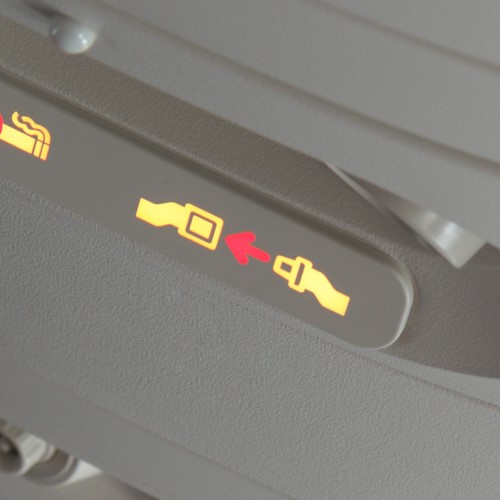What to do if your stocks and shares ISA is losing value
Turbulent markets can affect the value of your stocks and shares investment, but the worst thing you can do is panic. We explain what fluctuations in the stock market mean and how to ride out the storm if you feel like you’re losing money.
When you invest in a stocks and shares product, like our ISA, Junior ISA, Lifetime ISA and some of our Child Trust Funds, you’re putting your money into a fund that invests in the stock market on your behalf.
The value of your investment depends on how well the assets the fund invests in perform. When they do well, the value of your investment goes up, when they don’t do well it goes down.
Over the last year or so, many factors have made things difficult for companies and rapid changes in politics have impacted on the economy.
As a result, we’ve seen what we call “turbulence” in the stock market. In a nutshell, this means that the value of stocks and shares has gone up and down by more than we’d normally see.
Just like turbulence in a plane, this can be unsettling.
During times like these, there’s one golden rule to follow:
Keep focus on your long-term goals
It can be tempting to cut your losses and withdraw your money when things are looking shaky. As no-one can accurately predict what’s going to happen, this could mean you end up selling your investments at a time when their value is at its lowest.
Is my ISA losing money?
Try not to think of dips in the market as “losing” money. You “lose” money if your investments are worth less than the amount you’ve paid in at the time you decide to withdraw your money.
Until you sell your investments, ie make a withdrawal, you still have the same number of shares and their value will keep changing – it might go down further but it also might come up.
It’s therefore worth stepping back and remembering what you planned to use the money in your stocks and shares ISA for.
If you planned to use it for a future event or for a rainy day that hasn’t yet arrived, then you’re still on track. It's not until you withdraw money that the value of your shares affects you.
And, as we often say, past performance is not a reliable indicator of future results.
We tell you this to make you aware that even if a stocks and shares product has made money in the past, it might not do so in the future. However, it also means that if a product has lost money in the past, the future could be very different.
You may also be interested in:
How does the annual ISA allowance work?
Individual savings accounts (ISAs) allow UK residents to invest or save their money without paying tax on any money they make.
Is it better to save or invest your money?
You can choose to put your money in a savings account, where it will grow with interest rates, or you can invest it in an investment fund, which buys shares in the stock market.
How your investment decisions could help fight climate change
Our ISA and Lifetime ISA both come with the option to invest in a fund that has a focus on the climate. But what difference does this actually make?
How to educate your children on the cost of living
How can you help your children learn to manage their own finances when they leave home?

